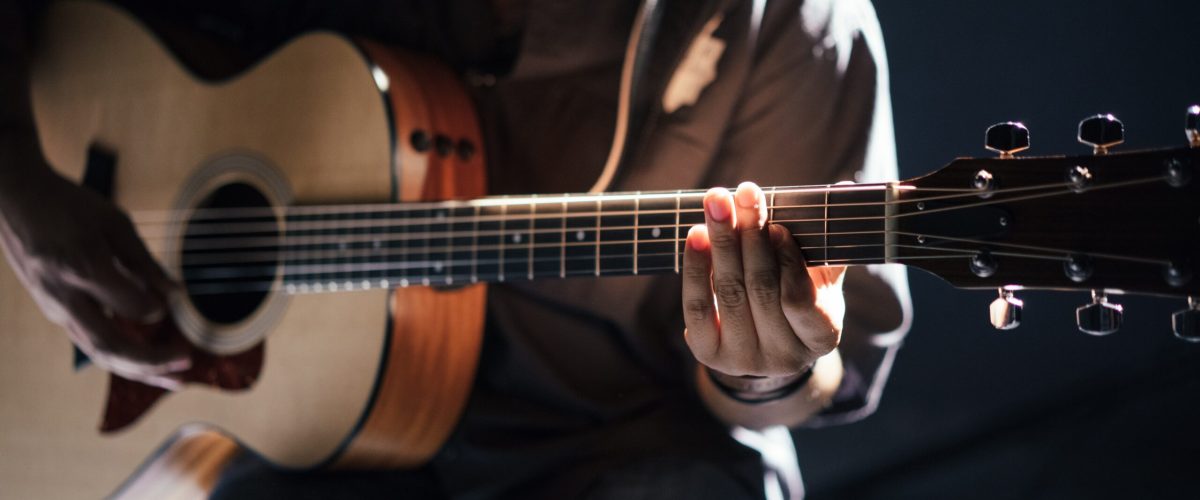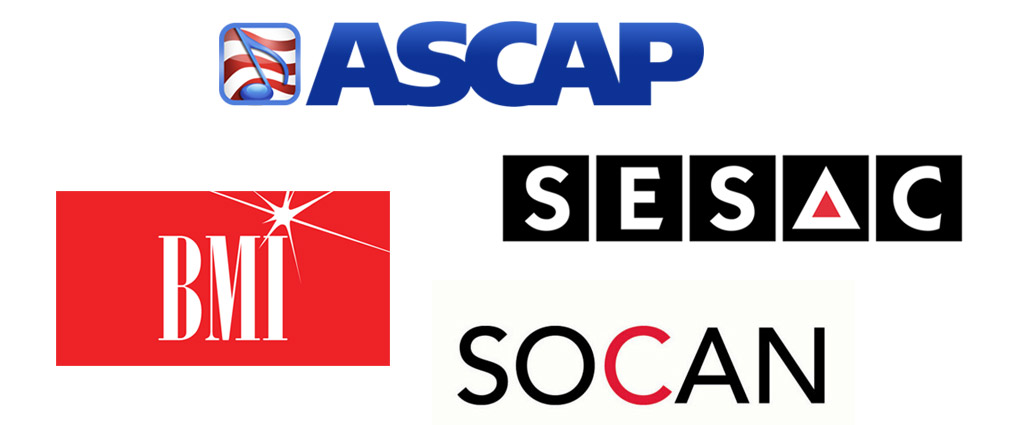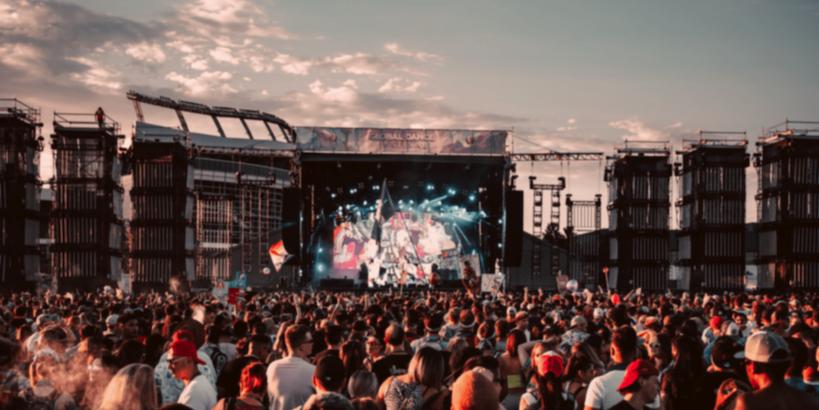Do you have event music at your nightclub, corporate function, fair or festival? Then you need to license it. It’s that simple. Actually, it isn’t in the United States. More about that later. Even private parties are not exempt unless they fit the definition of a private event when it comes to the need for licensing the music played at their events. When it comes to playing music at your event or venue, there’s no free ride. This article specifically refers to U.S. laws, but the overall conclusions are the same for Canada and other developed countries.
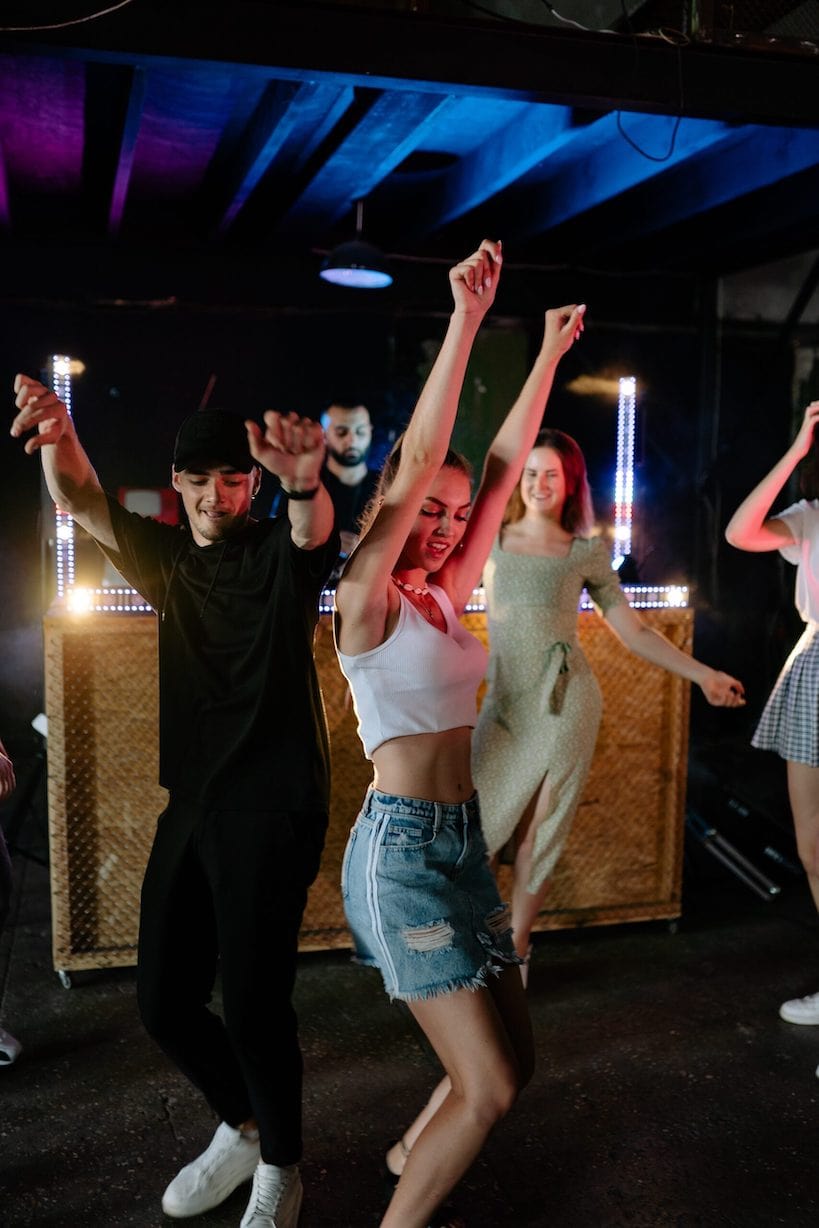
The Songs Used for Event Music are Copyrighted Works
What does that mean to me as a nightclub owner or the person responsible for festival music? It means that only the copyright holder has the exclusive right to publicly perform their copyrighted works or authorize others to perform them.
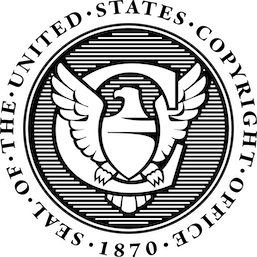
The law only exempts specific event music that doesn’t require a license from the holder of the copyright. They include:
- performances by instructors or students during face-to-face teaching activities of nonprofit educational institutions
- performances of music in the course of religious services at a place of worship, and
- performance by the public communication of a radio or television transmission by eating, drinking, or retail establishments of a certain size which use a limited number of speakers or televisions and if no charge is made to see or hear the transmission
- Performances at charitable functions are exempt from license or royalty requirements only if the performances have no direct or indirect commercial advantage and if no one involved with the performance, including any of the events’ performers, organizers, or promoters, is paid, and there is no direct or indirect admission charge
Most Places That Use Event Music Require a Music License
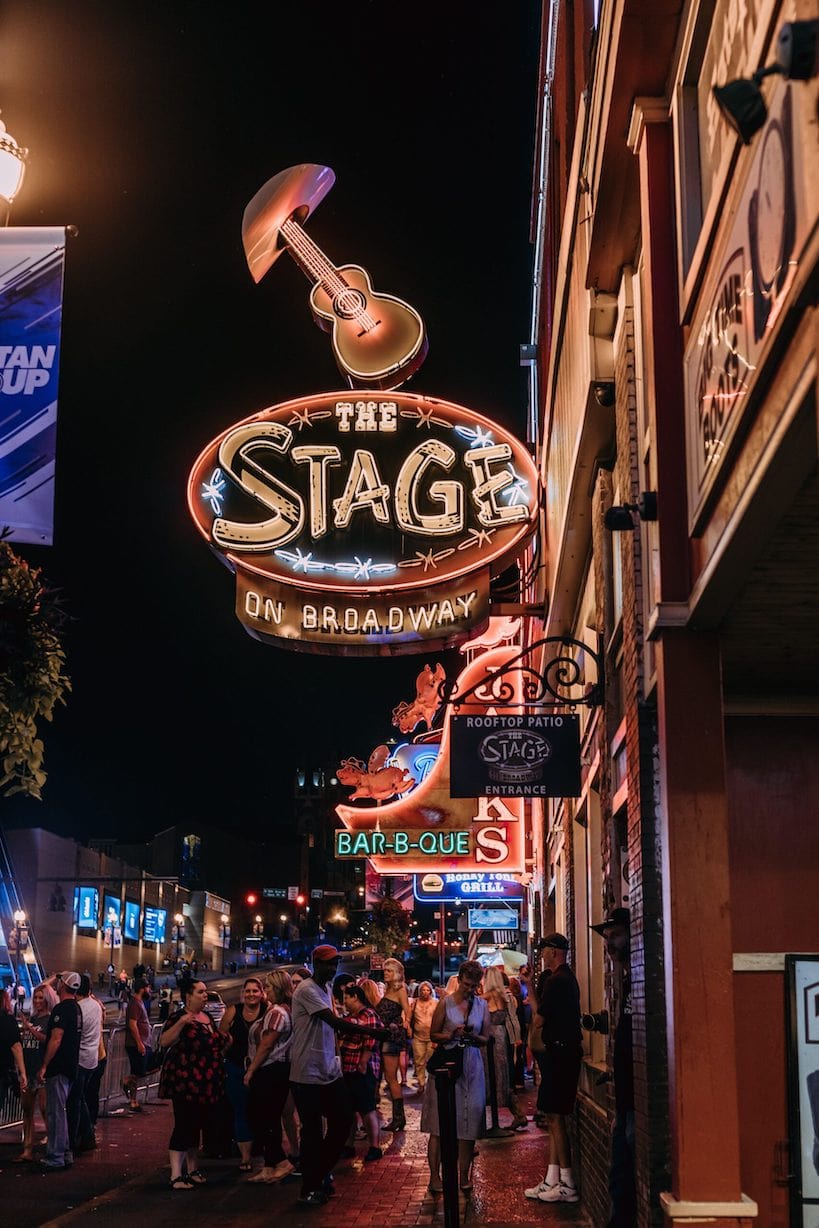
How Do I get a License for my Event Music?
You have two options for obtaining music licensing for your events or venues that play live or recorded music. You can contact the copyright holder for each song you plan to play and negotiate the fee, if any, or you can license music through a Performing Rights Organizations (PRO).
If you are only using one or two songs at your event to introduce a speaker or activity, it could be worth your time and effort to contact the copyright holder directly to get permission for your event music. Most events or venues will need to contact a Performing Rights Organization to get a blanket license for the event music they play.
PROs are organizations that collect performance royalties for songwriters and music publishers for public performance of their work as defined by copyright laws. In most countries there is one such organization that collects both mechanical and performance royalties for songwriters and publishers. Not so in the United States where there are now four such organizations devoted to performance royalty licensing and collection. There are others devoted to strictly digital performance royalties in the U.S. and across the globe.
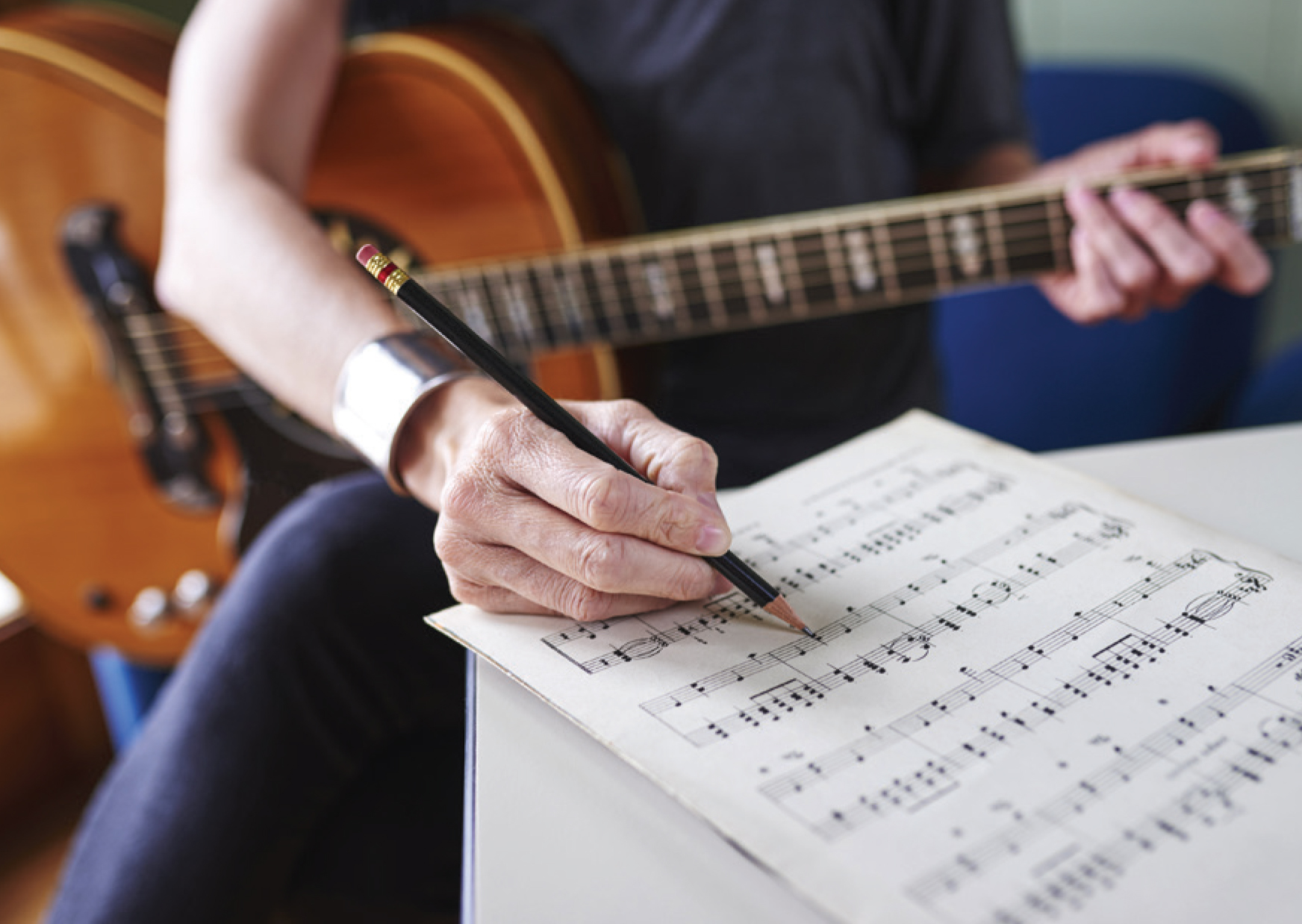
For venue or event music, the two U.S. PROs that control more than 33 million musical works are BMI and ASCAP. They are both nonprofit organizations and between them control the performing rights to over 90 percent of all songs.
ASCAP The American Society of Composers, Authors, and Publishers launched in 1914
ASCAP was founded and still controlled by music publishers, songwriters, and composers. It has 850,000 members representing more than 16 million copyrighted works.
BMI Broadcast Music, Inc. launched in 1939
BMI represents the public performance rights in over 17 million musical works created and owned by more than 1.1 million songwriters, composers, and music publishers.
SESAC Society of European Stage Authors and Composers launched in 1930
SESAC despite its name is a U.S. PRO. Unlike ASCAP and BMI, it is a for-profit organization. In 2015 it acquired the Harry Fox Agency (HFA) which collects mechanical royalties in the U.S. It’s an invitation only organization with 30,000 members and licenses more than one million songs.
GMR Global Music Rights launched in 2013
Founded by Industry veteran Irving Azoff as an alternative to the traditional performance rights mode. This new organization licenses over 69,000 music works.
In Canada, it’s SOCAN The Society of Composers, Authors, and Music Publishers of Canada
SOCAN is Canada’s largest member-based rights management organization with more than 4 million creator and publisher members.

Licensing Music for Events or Venues
It’s not one size fits all.
In the United States, the performing rights organizations compete to obtain more members and songs to license. Composers, songwriters, and publishers can only be a member of one PRO at a time. Depending on the PRO the contract length can typically be one to three years.
That’s the first level of complexity. A publisher or songwriter and their works might switch to another PRO from the last time you licensed their music.
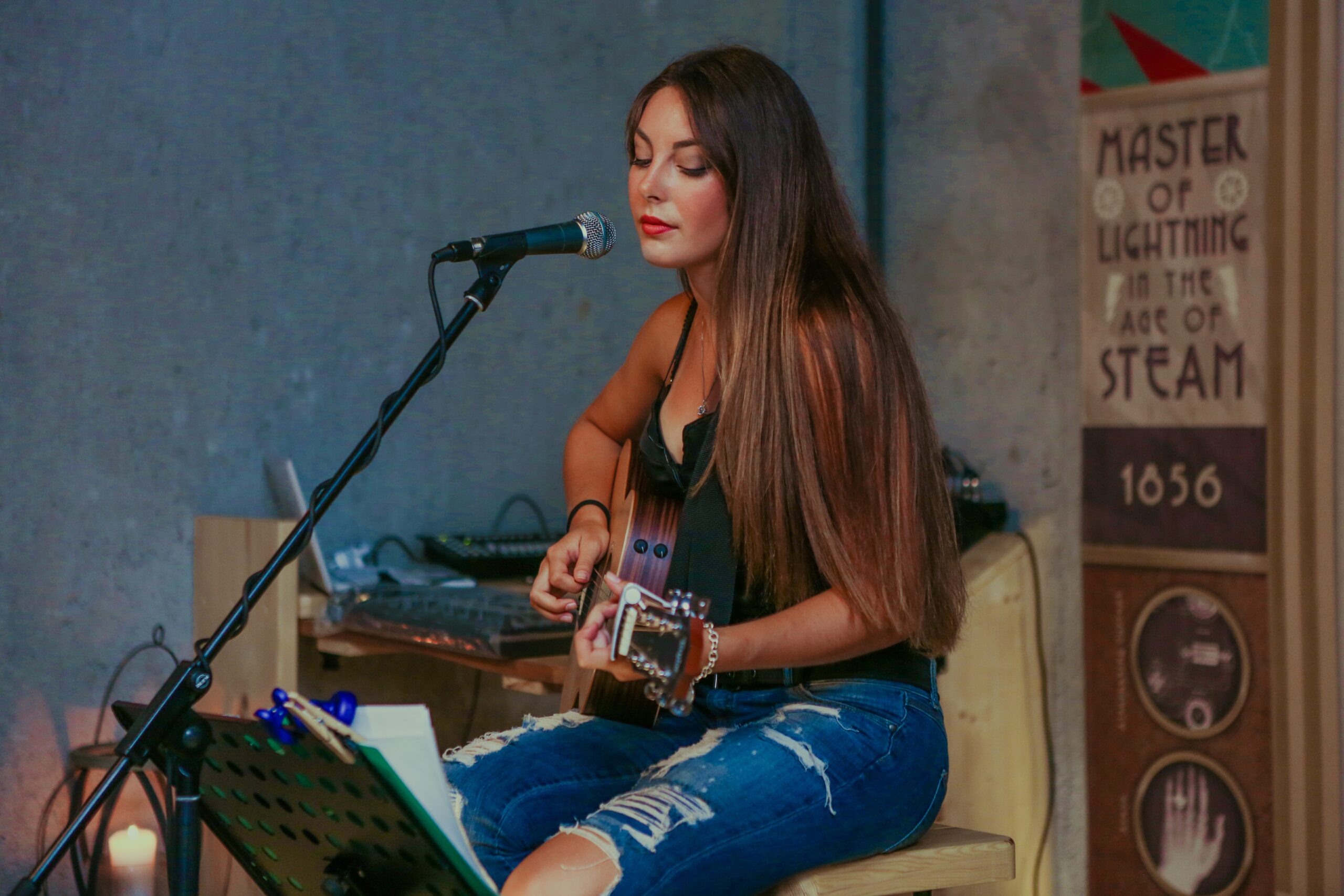

Annual rates for blanket licenses depend on the type of business. Rates are based on the manner the music is played, e.g., live, recorded, audio only, audio/visual, etc. It’s also based on the size of the business or potential audience for the music.
Rates are standardized so that a similar business with the same profile would pay the same no matter where it is located.
-
-
- Clubs or nightclubs: manner of the music being played, club capacity, number of nights per week the music if offered and whether admission is charged. Other factors may also come into play.
- Concerts rates are based on the ticket revenue and seating capacity of the facility.
- Corporation rates for the music they use are normally based on the number of employees.
- College or University rates are based on the number of full-time students.
- Retail store rates depend on the square footage and the number of speakers used.
-
The list goes on and on.
As a venue operator or concert promoter or festival organizer, you are required to have a license to perform music from all the songwriters and publishing companies involved with a song. Having one blanket agreement from ASCAP or BMI won’t cut it given the complexities of song ownership. If you have a blanket licensing agreement from both ASCAP and BMI, you have over 90 percent of all songs covered. That’s the least you can do to play the odds. However, if songs are performed that are licensed by SESAC or GMR, you will still be in violation of copyright laws. For example, SESAC represents major artists such as Bob Dylan, Adele, Neil Diamond, David Crosby and many more.
Whose Responsibility It is to License Event Music?
Technically, the performer, event organizer, venue operator those involved with producing the performance are responsible for licensing the music that is performed. The law says all who participate in, or are responsible for, performances of music are legally responsible. However, in practice, the PROs depend on the venue or event promoter/organizer to license the music being played. They are the ones who obtains the ultimate benefit from the performance. They are the ones who will be penalized for copyright infringement. If it’s an Exxon event, then Exxon is responsible, not a third-party planner, production company or AV supplier. Neither ASCAP nor BMI can refuse to issue a license to a business.
The licensed business is required to report their use of copyrighted music back to the PRO. The reporting takes different forms depending on the type of use. In the U.S., only the highest grossing live venues report the songs they play to PROs. The result is reporting system that is less than exact.
Enforcement of Music Copyright by Performance Rights Organizations
While a lot of efforts of PROs is negotiating licenses with the biggest users of music, they also spend a significant amount of time educating and charging, by phone or in person, the many businesses that don’t know or don’t care to know that they must license the music they use. That represents hundreds of thousands of various kinds of businesses, both large and small. Licensing executives would take weeklong trips to visit upwards of 60 venues prioritized by size, dollar value or some other priority. They will observe copyright violations and attempt to get a licensing agreement signed on the spot. Today the Internet makes their job much easier. They can see venues which advertise online the performances they offer. They can access liquor-license and business registries.
For those who refuse to license the penalties can be onerous. Courts have already held that it’s no defense in infringement cases for the defendant to claim that the performers were hired as independent contractors; or were not paid by the venue owner and only received tips for compensation; or that the venue specifically directed the performers not to play copyrighted music; or not to play specific songs; or not to play music in the repertory of a specific performing rights organization; or that the venue operator or event organizer did not know the music performed wad copyrighted. The only question is whether copyrighted music was performed without a license.
Performing rights organizations prefer to bug you until you purchase a license instead of creating a court suit for copyright infringement. However, they do sue you could face severe financial sanctions. Damages for such infringement can range upward from $750 per song to thousands of dollars per song depending upon the usage and song in question.
Everyone agrees that songwriters need to be compensated for their work. What many don’t agree with is the necessity of licensing the songs that are performed at their events or venues.
Related Posts:
Outdoor Music Concert or Festival Insurance: Part Two
Outdoor Music Festival or Concert Insurance: Part One
